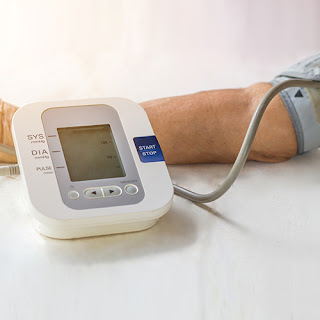Preparing for stress echocardiography test
An Echocardiogram is an ultrasound test that is usually performed by cardiologists and primary care physicians. The basic function of this test is to evaluate a patient’s heart health for preventive as well as treatment purposes. Stress echocardiography test usually occurs in echo labs or in the doctor's office or another medical setting. It usually takes between 45 and 60 minutes for completion.
However, if you’re planning to take the test, you do the following things to prepare yourself.
- You should not eat or drink anything for at least three to four hours before the stress echocardiography test.
- If you’re a regular smoker, don’t smoke on the day of the test as nicotine can affect your heart rate.
- Give up your favorite coffee at least for a day or don’t take any medications with caffeine without your doctor’s consent.
- Are you taking any medications? If so, you should confirm with your doctor whether you should take them on the day of your stress echocardiography test or not. You should avoid taking certain heart medications before the test, such as beta-blockers, isosorbide-mononitrate, isosorbide-dinitrate, and nitroglycerin. If you take medication to control diabetes, make sure your doctor knows about it.
- During the test, your doctor will make you do exercise. This is why, you should wear comfortable, loose-fitting clothes and good walking or running shoes.
Resting echocardiography - In this, your doctor will check your heart functions while you’re at rest to know how well your heart performs. To perform this, your doctor will place 10 small, sticky patches called electrodes on your chest. And connect these electrodes to an electrocardiograph (ECG). The ECG will measure the electrical activity of your heart, such as the rate and how often your heart beats.
Stress test - Once the resting echocardiogram test is done, your doctor will make you exercise on a stationary cycle or treadmill. Depending on your physical strength, you’ll be asked to increase the intensity of your exercise accordingly. Your doctor will ask you to exercise for 6 to 10 minutes, or until your heart rate rise to as much as possible.
Stress echocardiography - After you stop exercising, your doctor will perform an ultrasound test. This is done to develop images of your heart working under stress. After this, you have to return your heart rate to normal while your doctor monitors your heart rate, ECG, and blood pressure.
To conclude
If you’re taking stress echocardiography test in Queens, do follow the instructions given above to get the accurate result.




Comments
Post a Comment